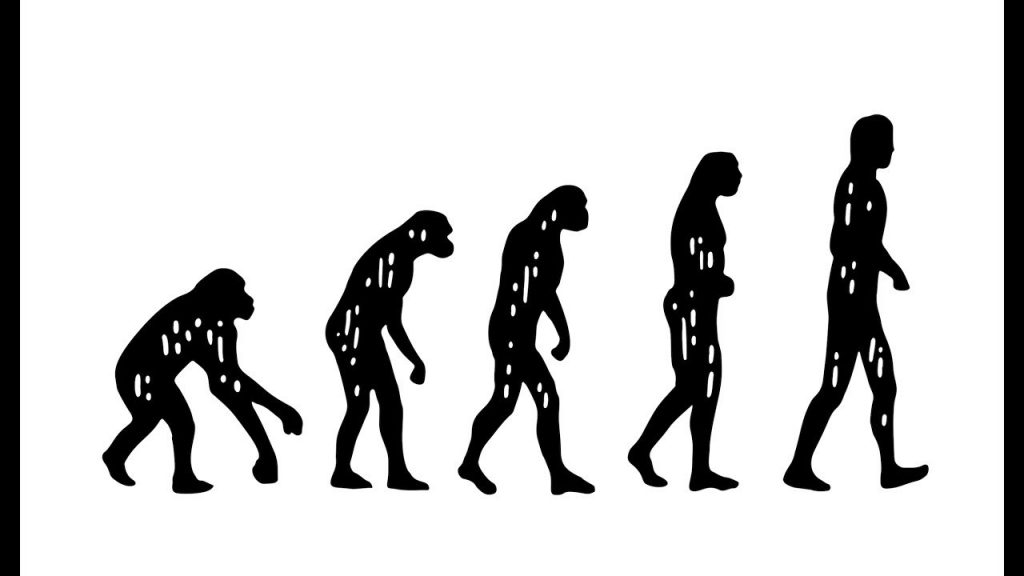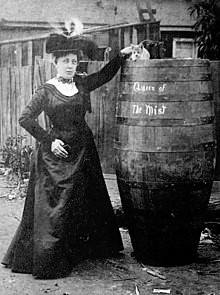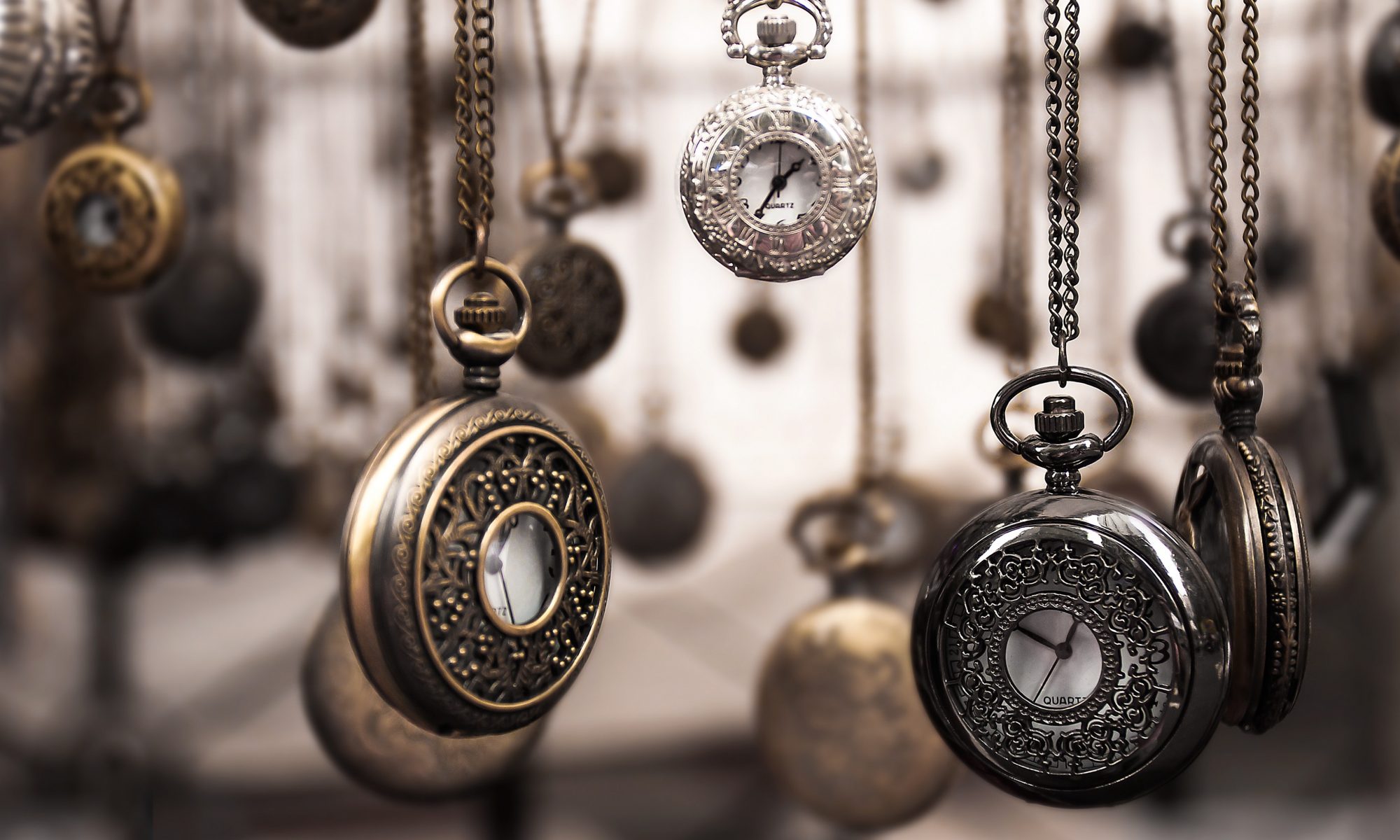Anna, Year 9, looks at the links between the past and the present, exploring the differences and the way the world has developed.
When I sit in History lessons at school, I sometimes wonder how those famous historical events ever came to be. For example, why did the Battle of Hastings ever happen? In this century, in the UK, we most likely will never see something like that again. However, have our instincts developed into more sophisticated ones on their own, or have we evolved because of what has happened before?

The evolution of the human
Thanks to Charles Darwin, we now understand that the changes humans have experienced over hundreds of years are due to the natural occurrence that is evolution. This may link to the reason why certain historical events never repeat themselves. Psychologists have discovered a ‘warning signal’ in the brain that helps us make sure we do not repeat previous mistakes, meaning now in our daily lives we are able to learn from our failures and faults. This is a handy feature in our brains, as it means certain errors we make in our lives will most likely be registered and we will know that we must do our best to avoid it happening again. This will have developed over time through evolution, helping humans survive during the Stone Age. Also, the concept of ‘learning from our mistakes’ could be the reason behind the idea that ‘history does not repeat itself’.
Idealism and Utopia
Throughout history and our lives, people were and most likely always will be looking for ways to ‘improve’ the world. This idea of personal idealism (both good and bad) is a repeated concept throughout history, from the expansion of empires by Alexander the Great to the introduction of communism by Joseph Stalin. The concept of constantly trying to make the world a more convenient place for ourselves seems to recur, especially when the economy of a country or empire is involved. For example, when a battle or financially straining tragedy has happened in the past, it seems to affect a lot of people, therefore there has been a decline in the number of battles throughout the years.

Some examples
There are many examples of events in history that should not be repeated. For example, WW1 and 2 are both examples of devastating conflicts that have changed the world. It is strange to think that, although it had a horrifying impact on millions of people across the globe, without World War I, there may not have been canned food or air traffic control today. Some people believe that everything happens for a reason, so if the First World War really didn’t happen, how different would the world be today? Another example is The Great Depression. This was an event that ruined the economy in America. Again, although it changed a lot of peoples’ lives for the worse at the time, how different would our lives be now if it never happened? Would they be better or worse? Finally, this is the story of Annie Edson Taylor, an American schoolteacher who, on her 63rd birthday, became the first person to survive a ride over the Niagara Falls in a barrel. After her trip, she told reporters:
“If it was my dying breath, I would caution anyone against attempting the feat…”

I think this shows that we do have something to learn from what history has told us, and that what has happened before can change the way we live now.

